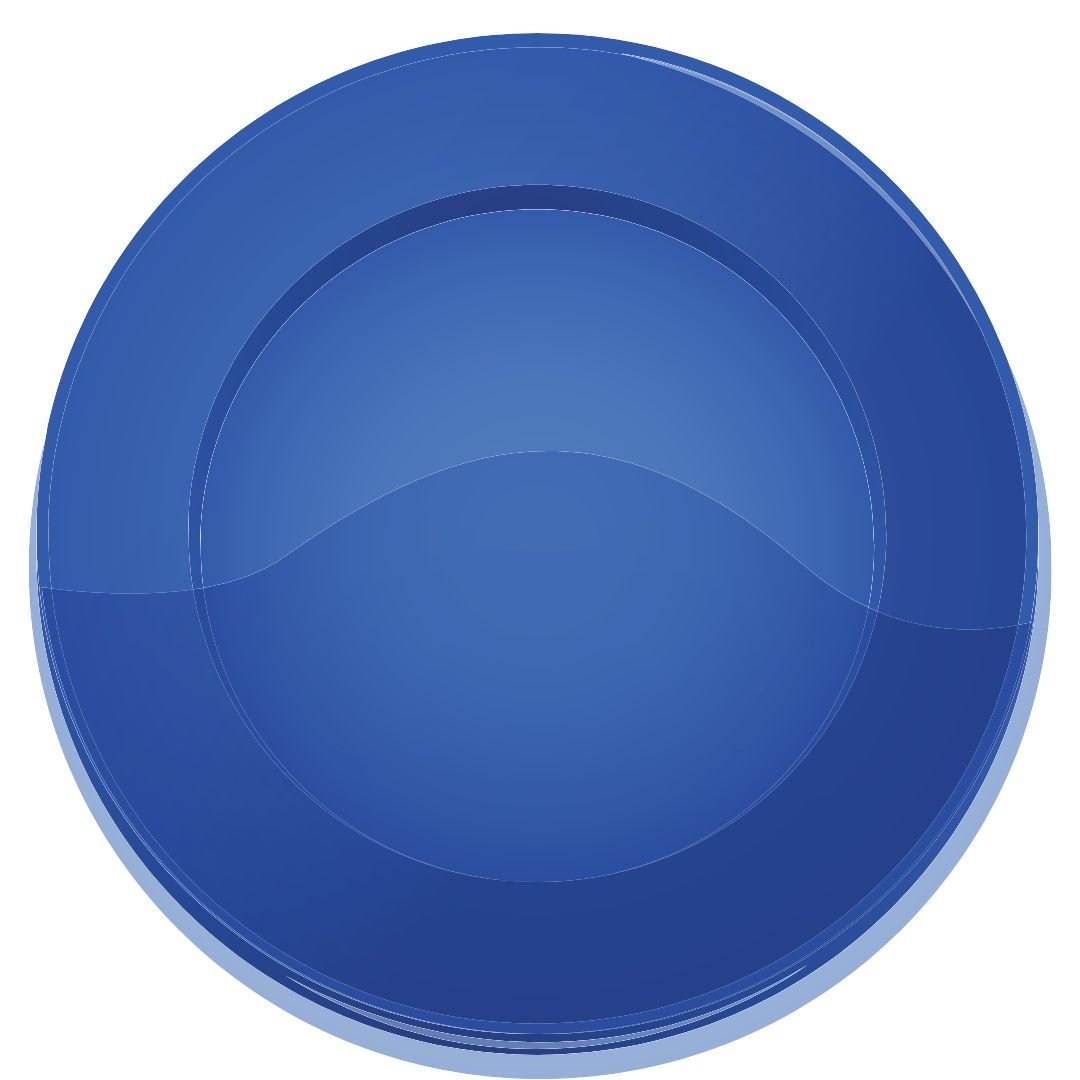Making a Simple Ginger Tea For Pro-Aging In Menopause
Making a Simple Ginger Tea is actually the best pro-aging drink. Read on to find out why.
Ginger is a root that has been used for health benefits and medicinal properties for centuries. There are multiple compounds in ginger (Zingiber officinale) that support multiple systems on the body!
Better digestion
Anti nausea
Antibacterial
Libido support
Ginger is known as a carminative, and this helps with gas, bloating and digestiver problems. You can listen to my podcast episode on Herbs for Digestion with Correme Omlamd on iTunes!
Making a simple ginger tea at home is easy, but feel free to skip this and get a dried tea if you like.
Even though you will miss some of the benefits of fresh ginger, you still will reap ginger benefits of a dried tea.
Any tea, including this simple ginger tea, is a relaxation practice for me. I always recommend any client start a mindful eating practice over a simple quiet cup of tea.
So whether you choose to take your ginger in a supplement, a tea, a tincture, or grated, the benefits for your whole body are numerous!
Recipe below my Pro-aging YouTube Chat
How to Make Ginger Tea Step-by-Step
To make ginger tea base, you will need:
1-2 inches of fresh ginger root
4 cups of water or more. This gets spicy!
Optional add ins:
Honey
Lemon
Turmeric
Cinnamon.
Some recipes suggest peeling the ginger. I don’t always. It depend on if it is organic, or how dirty my ginger is!
Peel (optional) and slice the ginger root into thin pieces.
Bring the water to a boil in a pot. Alternately you can use a teakettle and boil water to pour over and steep
Add the ginger slices to the boiling water.
Reduce the heat and let the ginger simmer for 10-15 minutes. The longer, the spicier,
Strain the ginger tea into a jar!
Is there ever too much ginger?
While ginger is generally considered safe for most people, listen to your body, or stomach, if it talks to you! Pay attention to any stomach upset, or burning.
Ginger can also cause stomach upset in some people, especially if taken in large amounts. If you experience stomach pain or discomfort after taking ginger, reduce your intake or stop using it altogether.
Don’t overdo it on ginger, or anything for that matter.
Ginger can interact with some medications, so it is important to talk to your doctor before using ginger if you are taking any prescription medications.
Otherwise, experiment with different add ins, and let me know what you create.

